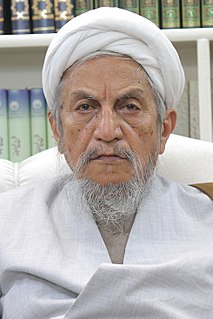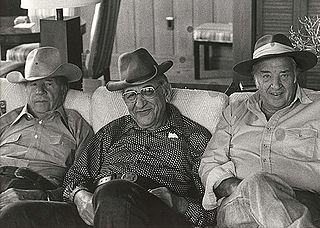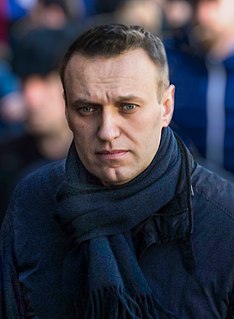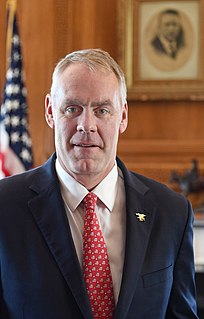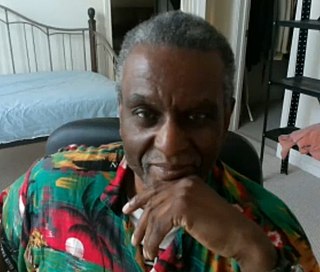A Quote by Yousef Saanei
Unfortunately, the source of all this conflict between the Sunnis and Shia is some major powers that do not want religious unity amongst Muslims.
Related Quotes
The Sunnis no longer recognize the centralized government as a legitimate power. The Shia militia that is moving around is calling out war crimes that are anti-Sunni. So, the Sunnis are in a tough spot. Do they move to an ISIS, which is a radical Islamic terrorist organization? Or do they defend themselves? Or do they give up?
Some 3,500 Muslims now serve in the U.S. military. The overwhelming majority of them are loyal Americans who see no conflict between their personal religious duty and service to their country. But there can no place in our military for those persons of any faith who do. America has now seen the horrors of what 'diversity at any cost' can lead to.
My mom told us never to reveal that we were Shia in school. You would find out that some other kid was Shiite, and you would whisper, 'Hey,' or you would see someone at the mosque, and you'd be like, 'Hey, that kid's Shiite!' There was a lot of tension, a lot of violence in Karachi between Shiites and Sunnis.
There can be no religious discourse which is in conflict with its environment and with the world and therefore, we Muslims need to modify this religious discourse. And this has nothing to do with conviction and with religious beliefs, because those are immutable. But we need a new discourse that will be adapted to a new world and which will remove some of the misconceptions.
Terrorism [is] a biological consequence of the multinationals, just as a day of fever is the reasonable price of an effective vaccine . . . The conflict is between great powers, not between demons and heroes. Unhappily, therefore, is the nation that finds the "heroes" underfoot, especially if they still think in religious terms and involve the population in their bloody ascent to an uninhabited paradise.
And on this issue of the Shia in Iraq, I think there's been a certain amount of, frankly, Terry, a kind of pop sociology in America that, you know, somehow the Shia can't get along with the Sunni and the Shia in Iraq just want to establish some kind of Islamic fundamentalist regime. There's almost no evidence of that at all. Iraq's always been very secular.
